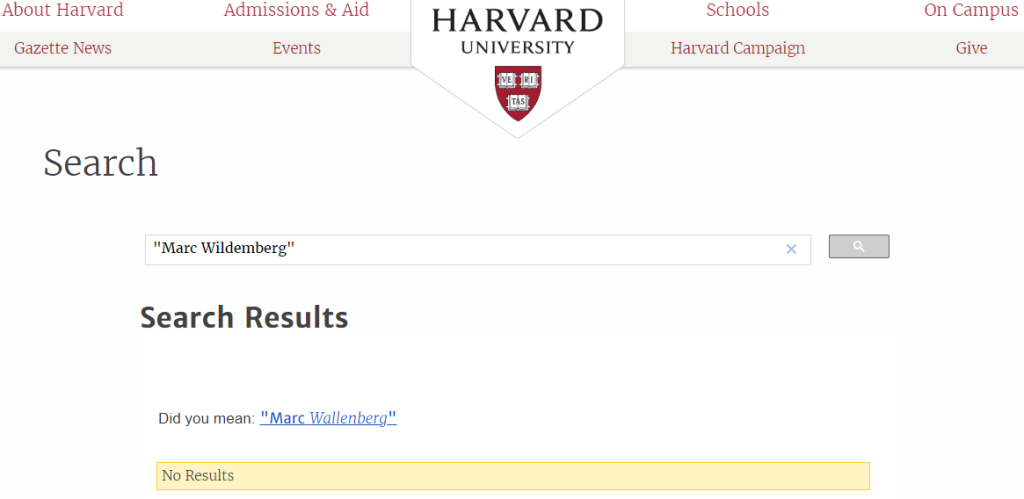Several years ago, publications began to appear on the Internet talking about the dangers of the popular animated series for children. We checked whether these suspicions were justified.
The fact that the animated series could be potentially dangerous for young viewers was especially actively discussed in 2016–2017. Some resources, including an online magazine "School of Life" and one of the Tatarstan news portals, reported that, according to a study by scientists from Harvard University, Peppa Pig can cause autism in children. This is allegedly due to the fact that the heroine of the animated series “has a very high opinion of herself, is very impolite, behaves inappropriately, does what she wants, regardless of the opinions of others, intolerant, arrogant, proud.” The study quickly began to be cited by users "VKontakte" And "Yandex.Zena".
Apparently, Russian Internet users were “inspired” by American news. Arguments that coincide with those cited by domestic authors can be found in article edition of Newsely, prepared in June 2016. Two months later, similar publications appeared on portals Healthy Tips World And Morning News USA. In Facebook posts mention and the name of the leader of this research project is Mark Wildemberg.
We were unable to find not only the text of the study conducted by Wildemberg and his colleagues, but also such a scientist in general. To begin with, the earliest texts about Peppa Pig and autism say that he works not at Harvard University, but at the University of Harvard. Him, unlike oldest There is no higher education institution in the United States. Perhaps this is a typo, but then there should be at least one mention of such a scientist on the website of the real Harvard University. Unfortunately, it was not possible to find him among the employees. In the Google Scholar search system for scientific publications, there are also traces of Wildemberg's work on autism not found. Head of the Department of Psychology at Harvard University reported The Washington Post that he was not aware of such a study.

By opinion autism researcher Matthew State, this "fake" dates back to a 2006 publication text three economists from other universities. Their work on the connection between the development of autism, television viewing statistics and rainfall is actively criticized specialists. State emphasizes, that there is currently “no reliable scientific evidence that watching television increases the risk of autism.”
The causes of autistic disorder have not yet been clearly established. US Center for Disease Control and Prevention (CDC) indicatesthat there can be many risk factors, most of them related to the environment and genetics. Experts do not cite any reasons caused by watching “harmful” cartoons or reading “dangerous” books.
Fake
- Do vaccines cause autism?
- Analysis of the most popular myths about autism from the Anton Is Near Foundation
- https://www.snopes.com/fact-check/peppa-pig-causes-autism/
- https://factcheck.afp.com/no-studies-link-watching-peppa-pig-developing-autism
- https://www.washingtonpost.com/politics/study-cited-for-blaming-autism-on-tv-cartoon-does-not-exist/2018/02/19/b5a67ada-159f-11e8-930c-45838ad0d77a_story.html
If you find a spelling or grammatical error, please let us know by highlighting the error text and clicking Ctrl+Enter.







